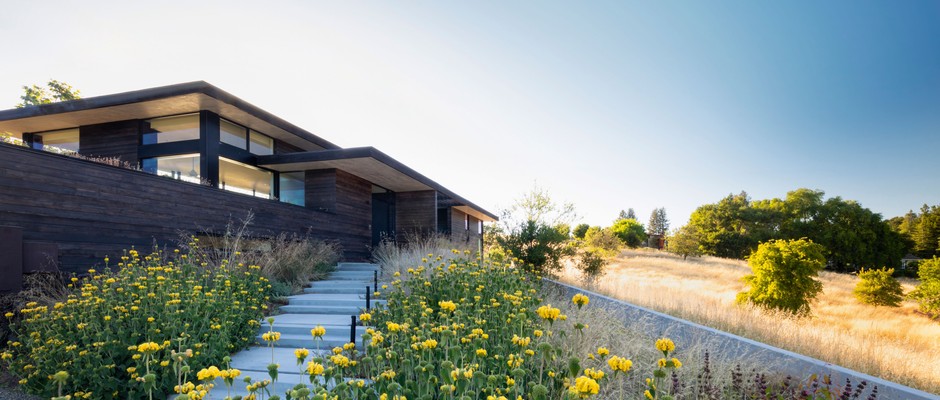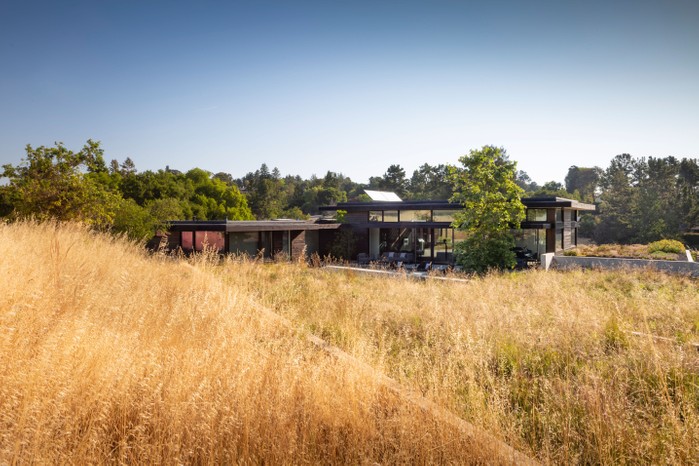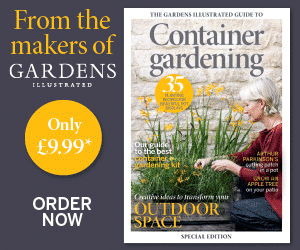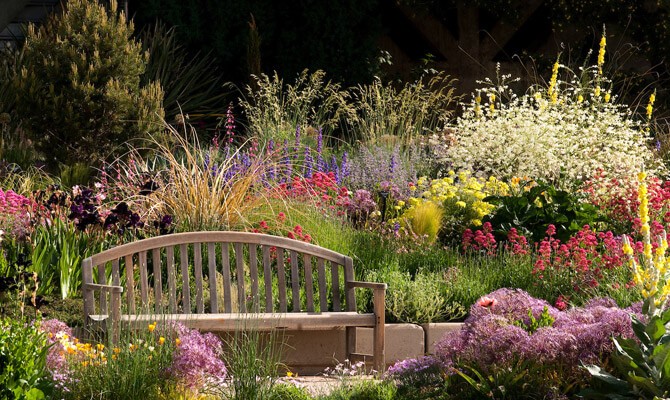
How to create a 'non-garden' garden
Gardens are becoming less 'garden-like' in recent years, with a naturalistic look and feel. Here Tim Richardson breaks down the design trend
Gardens have been becoming less ‘garden-like’ in recent years – at least at the cutting edge of design. What this means in practice is the blurring of the boundaries between garden and landscape, and the use of a palette of plants with a ‘naturalistic’ look and feel, even if in many cases the subjects used are not native to the region. This trend is generally expressed in terms of plant choice – the idea of ‘plant communities’ – but it is also possible to develop it in the context of the wider landscape. At one extreme, this involves embedding the property in its locale so that at first sight it does not seem to have a garden at all. Read our feature on Ron Lutsko's non-garden garden and read tips on the principles of design below.
Creating a ‘non-garden’
Forget the fence
If possible, delimit the boundaries and let the garden bleed into its surroundings so it appears to be a seamless whole.
Subtle definition
Nearer the house, a garden space can be indicated by means of a change of level, low walls or the use of shrubs to form a putative boundary or ‘edge’.
‘Native’ is not everything
Intensify the plantings near the house, and if necessary beyond, by means of non-native plants as well as native plants.

A glass-walled house in Portola Valley, California, which, in Ron Lutsko's 'non-garden' designs is set in grassland, with the garden subtly delimited by fin-like concrete walls, partially obscured by vegetation.
Forget about flower colour
It’s all about the general tone and feel of the plants.
Allow and encourage colonisation
Encourage some areas by native plants – even if they are ‘weeds’ or seem weed-like. They may need managing, but if they thrive, they will appear authentic.

Niwaki bundle worth £57 when you subscribe
Subscribe to Gardens Illustrated magazine and claim your Niwaki bundle worth £57
*UK only

Container Gardening Special Edition
The Gardens Illustrated Guide to Container Gardening.
In this special edition, discover colourful flower combinations and seasonal planting schemes for pots designed by leading plantspeople, and essential know-how for container gardening success. Just £9.99 inc UK p&pBy entering your details, you are agreeing to our terms and conditions and privacy policy. You can unsubscribe at any time.

Gardens of the Globe
From botanical wonders in Australia to tranquil havens closer to home in Ireland, let this guide help you to discover some of the most glorious gardens around the world
By entering your details, you are agreeing to our terms and conditions and privacy policy. You can unsubscribe at any time.




